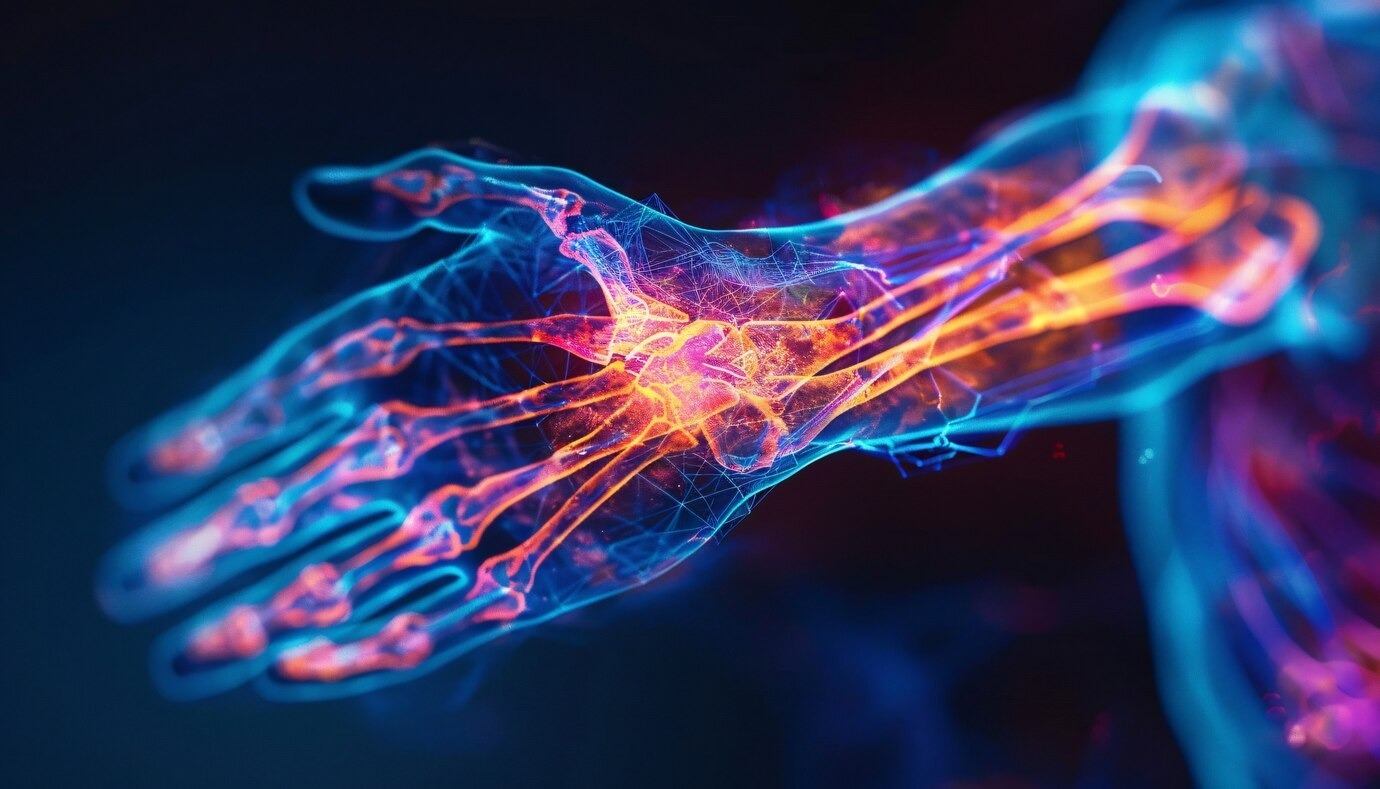The course in “RHEUMATOLOGY” is compulsory for studying at the later years of study at the IHSM (3rd year of study) and is one of the most important sections of internal diseases. In the initial courses (years of study), students having received basic knowledge, namely the courses of anatomy and pathological anatomy, physiology and pathological physiology, pharmacology, propaedeutic therapy, the basics of medical communication and deontology, etc., are sufficiently prepared to begin studying clinical disciplines.
Joint diseases are the most common reason for people seeking medical help (deforming osteoarthritis and disability at a young age (rheumatoid arthritis, rheumatoid fever, heart defects). As part of this course, students will gain knowledge and practical skills in diagnosing, treating and preventing the most common joint diseases - Rheumatic fever: Rheumatoid polyarthritis, deforming osteoarthritis (DOA), rheumatoid arthritis (RA), Gout and systemic diseases of connective tissue (collagenes). Articular Syndrome may be a manifestation of systemic connective tissue diseases and other diseases. Therefore, when establishing a specific joint pathology, the application of the principle of evidence-based medicine, the criteria of diagnosis, is of great importance. Differential diagnostics of articular syndrome and timely adequate therapy largely determines a favorable prognosis.
Collagenoses are one of the most difficult sections of therapy regarding diagnosis and differential diagnostics. Knowledge of the criteria for the diagnosis of some forms of collagenoses is a prerequisite for the verification of these diseases. Knowledge of the general principles and treatment features of certain forms of collagenoses are the basis for successful treatment of systemic diseases. One needs to know the basic treatment of autoimmune diseases. Teaching students the rational and safe use of non-steroidal anti-inflammatory drugs and corticosteroids is one of the objectives of this course. The acquired knowledge and practical skills in the diagnosis and treatment of rheumatological diseases and the identification of risk factors are the basis of primary and secondary prevention of these diseases.
Joint diseases are the most common reason for people seeking medical help (deforming osteoarthritis and disability at a young age (rheumatoid arthritis, rheumatoid fever, heart defects). As part of this course, students will gain knowledge and practical skills in diagnosing, treating and preventing the most common joint diseases - Rheumatic fever: Rheumatoid polyarthritis, deforming osteoarthritis (DOA), rheumatoid arthritis (RA), Gout and systemic diseases of connective tissue (collagenes). Articular Syndrome may be a manifestation of systemic connective tissue diseases and other diseases. Therefore, when establishing a specific joint pathology, the application of the principle of evidence-based medicine, the criteria of diagnosis, is of great importance. Differential diagnostics of articular syndrome and timely adequate therapy largely determines a favorable prognosis.
Collagenoses are one of the most difficult sections of therapy regarding diagnosis and differential diagnostics. Knowledge of the criteria for the diagnosis of some forms of collagenoses is a prerequisite for the verification of these diseases. Knowledge of the general principles and treatment features of certain forms of collagenoses are the basis for successful treatment of systemic diseases. One needs to know the basic treatment of autoimmune diseases. Teaching students the rational and safe use of non-steroidal anti-inflammatory drugs and corticosteroids is one of the objectives of this course. The acquired knowledge and practical skills in the diagnosis and treatment of rheumatological diseases and the identification of risk factors are the basis of primary and secondary prevention of these diseases.
- Total labor input: 2 credits (36 hours)
- Classroom sessions: 32 hours
- Students’ independent work: 40 hours
- Semester 6
- Final control: exam
